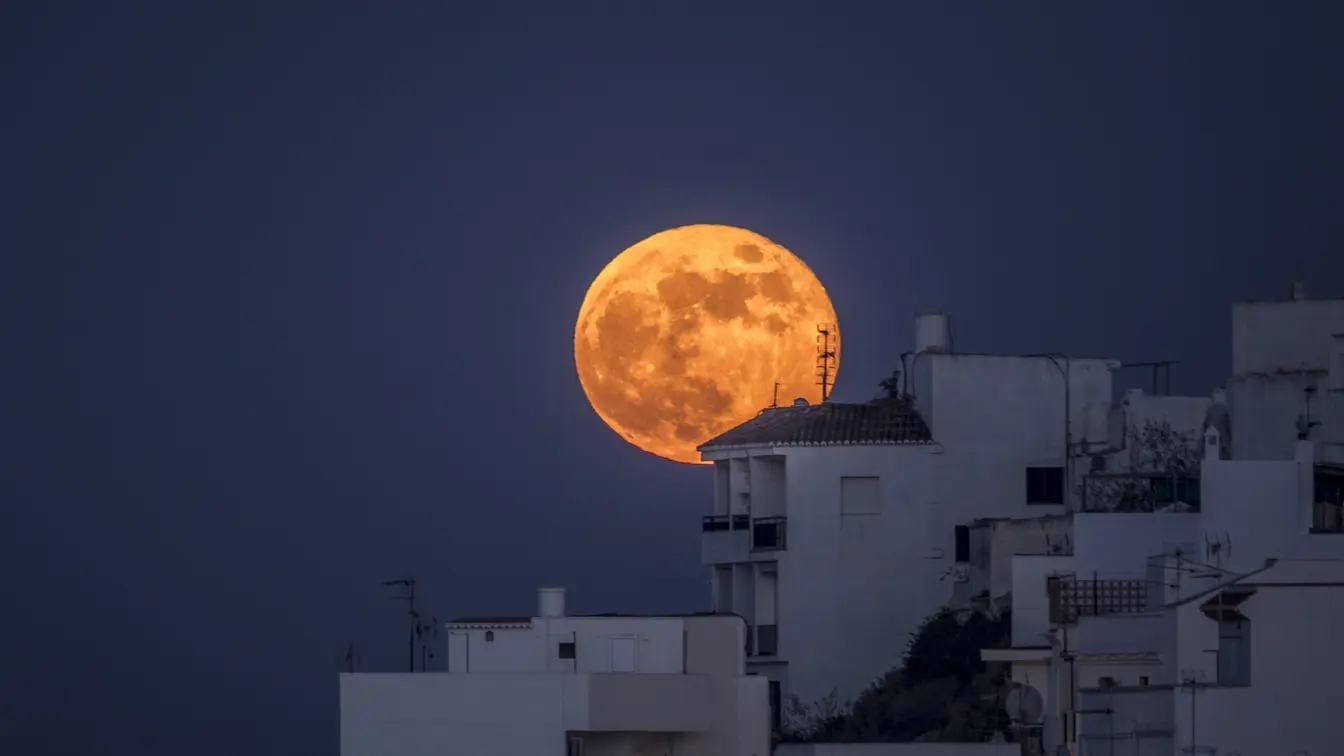T4K3.news
Sturgeon Moon Shines in August Sky
The almost full sturgeon moon rises near sunset in the southeast, tinted yellow by hazy air.
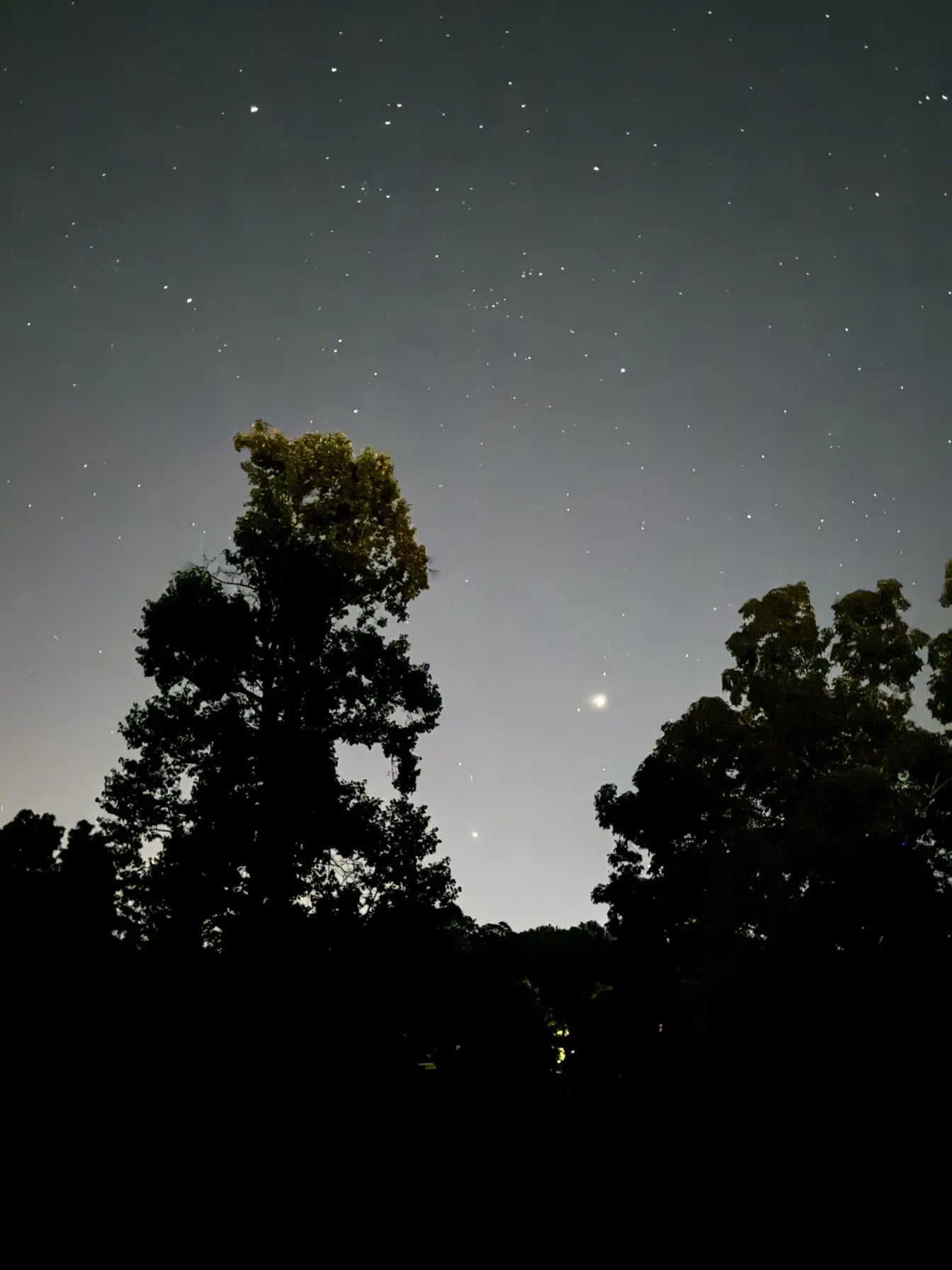
A near full Moon lights up the evening in the southeast with a warm hue while planets and a meteor shower provide additional late summer sky watching.
Sturgeon Moon Shines in August Sky
August's almost full sturgeon moon rises near sunset in the southeast, just below the Milky Way's bright band. The low horizon and smoke in the air from Canadian wildfires may give the Moon a yellowish hue. Observers are encouraged to check local rise times and view with a clear horizon, using a camera or smartphone to capture the moment. The full moon itself will occur tomorrow morning at 3:55 a.m. and will set in the southwest around sunrise.
Jupiter shines in the east before dawn to the lower left of Venus, and the two planets are slowly moving closer. By August 12 they will be less than a degree apart, a sight that many will want to photograph. Meanwhile the Perseid meteor shower is active now, with activity most nights from about 11 p.m. to dawn, offering a reliable chance of a meteor or two between the bright planets. For sky watchers, this is a reminder that a quiet hour outside can connect us to a broader cosmos.
Key Takeaways
"The moon glows warm and amber tonight"
describes visual effect
"Dawn planets offer a quiet classroom for beginners"
highlights planetary conjunction observer opportunity
"Perseids are active now giving observers a steady show"
notes meteor activity
"The sky never stops teaching"
reflects on ongoing sky watching
This sky show demonstrates how simple natural events can capture a wide audience. A near full Moon paired with visible planets turns a routine evening into a shared experience that appeals to families, students, and travelers alike. The haze adds a color nuance that highlights how weather and climate shape not just science, but culture and photography as well.
As the Perseids return, the public’s appetite for sky watching grows with smartphones and social media making it easy to share a moment. The risk is romanticizing the science or treating it as pure spectacle rather than an invitation to learning. Still, the ongoing dance of Moon, planets and meteors keeps the sky relevant in a world that often seems busy and loud.
Highlights
- The moon glows warm and amber tonight
- Dawn planets offer a quiet classroom for beginners
- Perseids remind us the sky never stops teaching
- A simple night walk with a camera can turn into a memory
The night sky offers a calm classroom for August
Enjoyed this? Let your friends know!
Related News
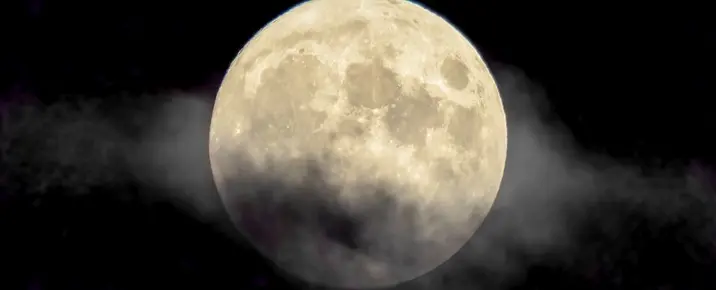
Sturgeon Moon rises this weekend
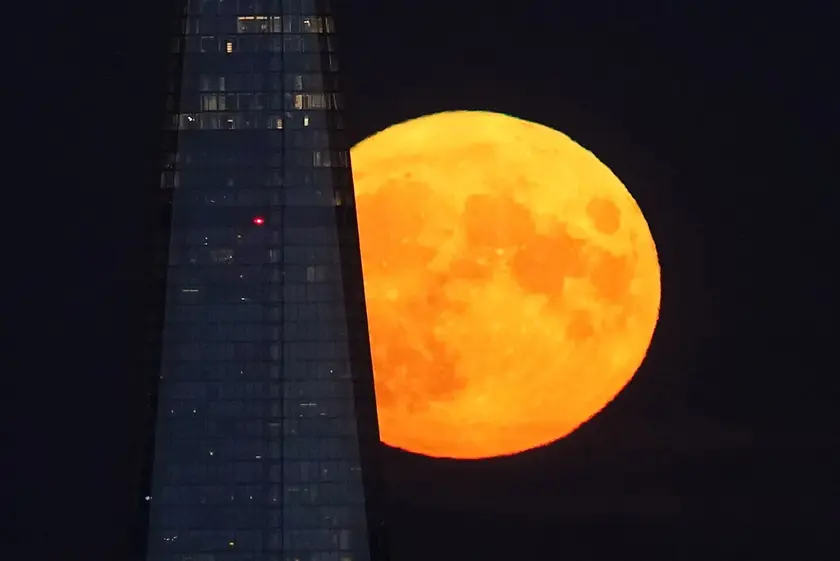
Sturgeon moon to rise over Britain
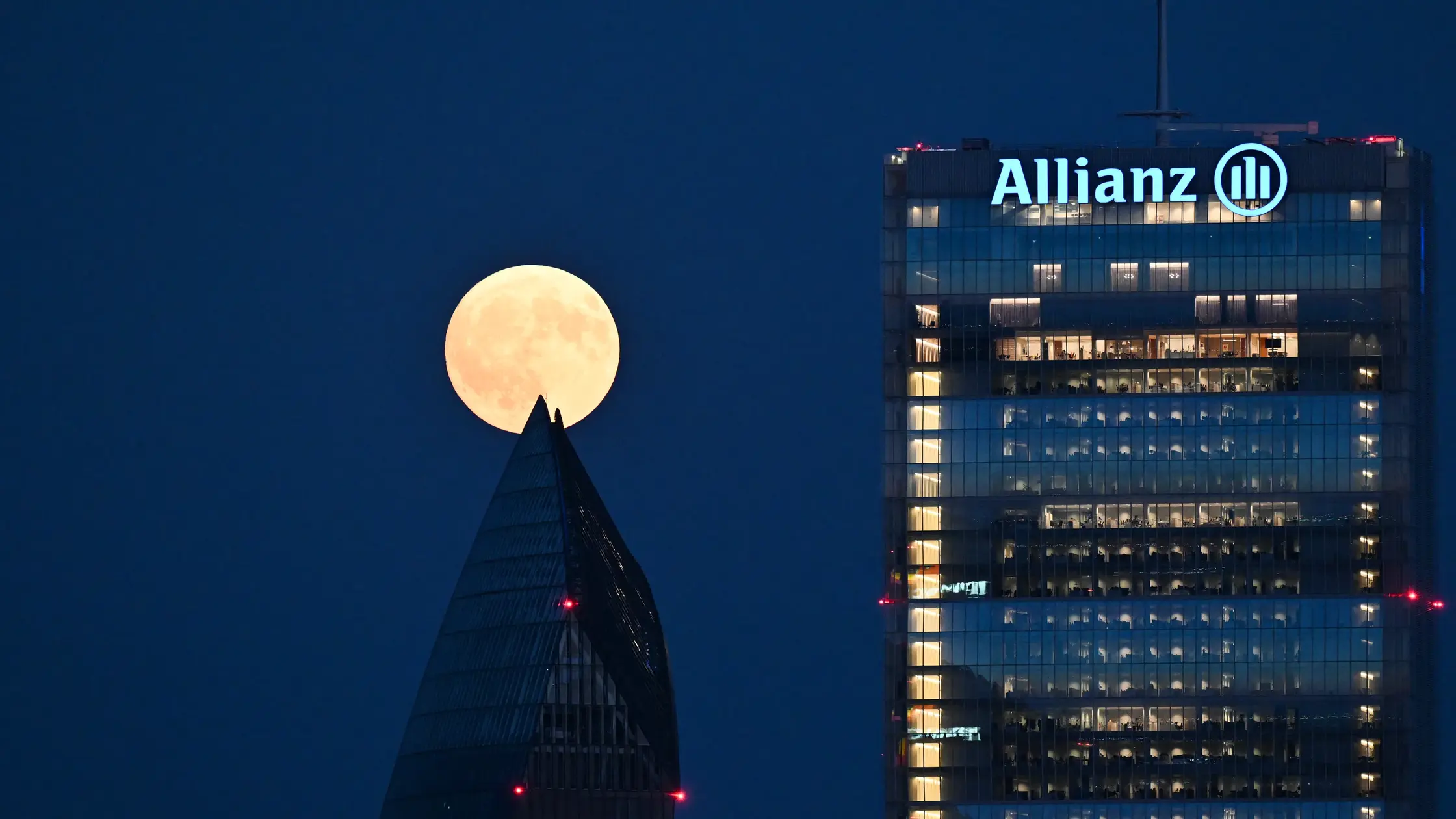
Sturgeon Moon lights up August night sky
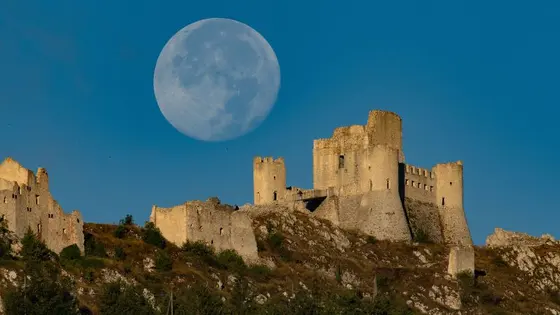
August full sturgeon moon peaks this weekend
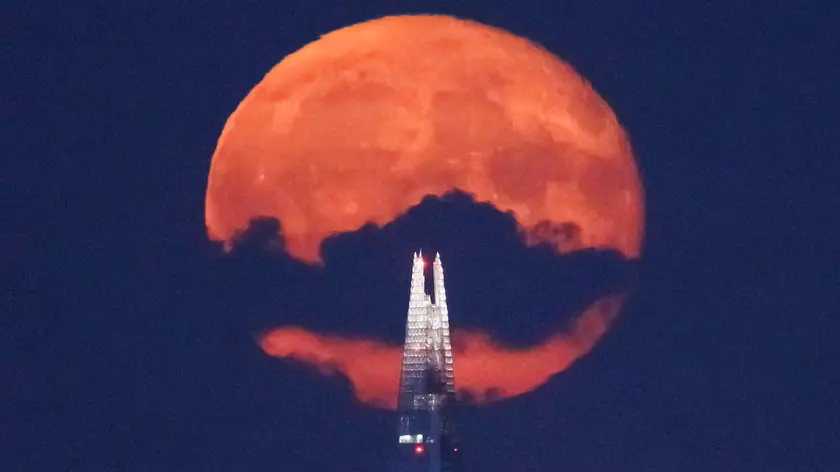
August features rare celestial events
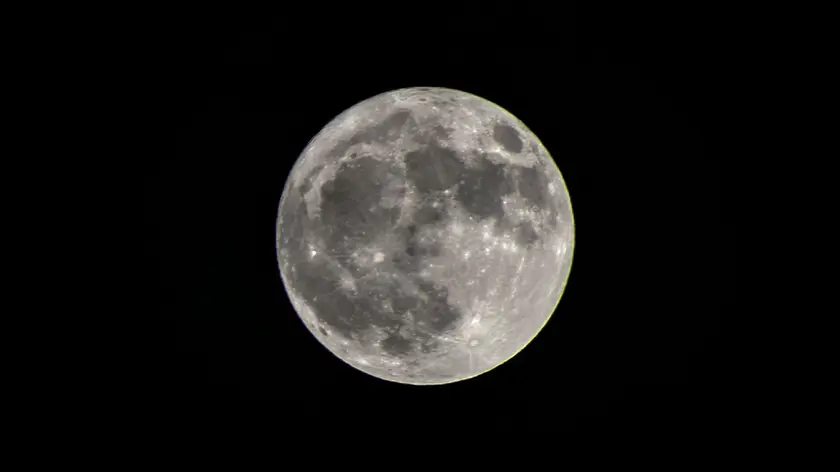
Full Moon Observation
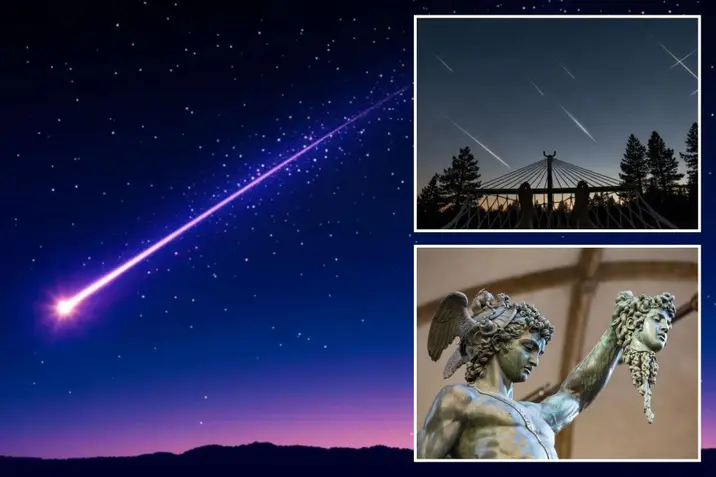
Perseid meteor shower set for 2025 viewing
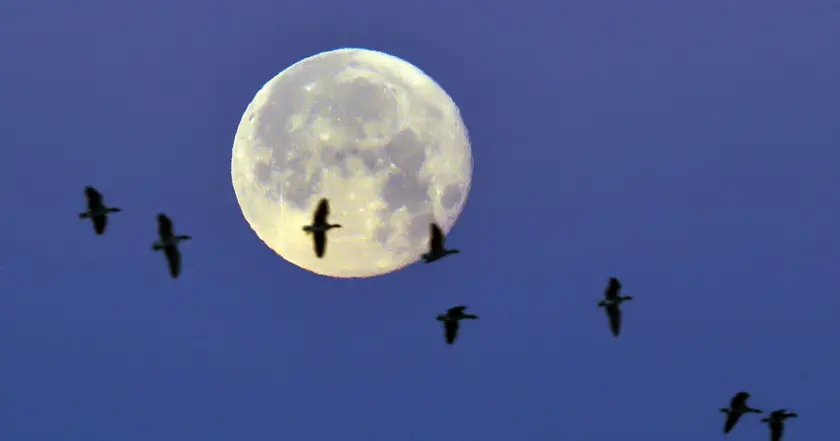
Sturgeon Moon and meteor shower peak this weekend
